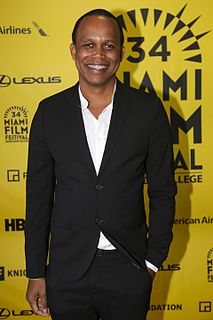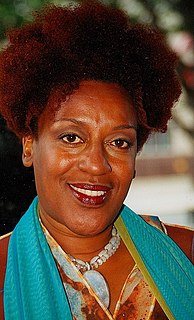A Quote by Paula Fox
I have a painter's memory. I can remember things from my childhood which were so powerfully imprinted on me, the whole scene comes back.
Related Quotes
For my own children, I do want for them to look back and remember that it was me in the kitchen, that I was doing the packed lunches, that we were there on the school run, that we did take a bus. I want them to remember those things, because those are the things that I remember from my own childhood and that have been incredibly important to me.
Memory is corrupted and ruined by a crowd of memories. If I am going to have a true memory, there are a thousand things that must first be forgotten. Memory is not fully itself when it reaches only into the past. A memory that is not alive to the present does not remember the here and now, does not remember its true identity, is not memory at all. He who remembers nothing but facts and past events, and is never brought back into the present, is a victim of amnesia.
That one long scene in the Leftovers I have with David Gulpilil was seven pages long. When we finished it, Mimi Leder said, "I thought you were gonna do this in bits and pieces. You just did the whole thing." And I literally couldn't remember the scene. It wasn't that I was in a trance. I said, "Just keep shooting takes until you see what you want." In 48 years of acting, which is also how long I've been married, that had never happened to me.
I thought back to a childhood memory: the first dead body I'd ever seen was the body of an immigrant washed up on shore. I went back to that memory. As a child, you can't process these types of images in a healthy way. I don't think anyone can, really. So I explored that. These people were buried in mass graves. I don't know if their families ever heard from them again.
I remember one afternoon when we were out on a golf course somewhere, and Lauren Bacall, James Garner, and Jack Lemmon were sitting there in deck chairs when I went off to do another scene. And I said something like, "Hey, where have you guys been?" And they said, "Oh, we were down at the clubhouse. We saw your scene!" And Jack Lemmon looked at James Garner, and James Garner looked back at me, and then they both looked back at me and said in unison, "You bet your ass it is!" So I've been up there with the greats. I've had my fleeting moments with theatrical genius.
I keep thinking my father gave me Turgenev, and then I realize at some point, Oh, this is a false memory. I mean, that's one of the things that interests me about memoir. It should be as much about how we remember, and that includes false memories, and the realization that one is having a false memory. That's the kind of an interesting way of layering the whole experience of recollection.
This was a memory I wanted to keep, whole, and recall again and again. When I was fifty years old I wanted to remember this moment on the porch, holding hands with Cameron while he shared himself with me. I didn’t want it to be something on the fringes of my memory like so many other things about Cameron and myself.



































